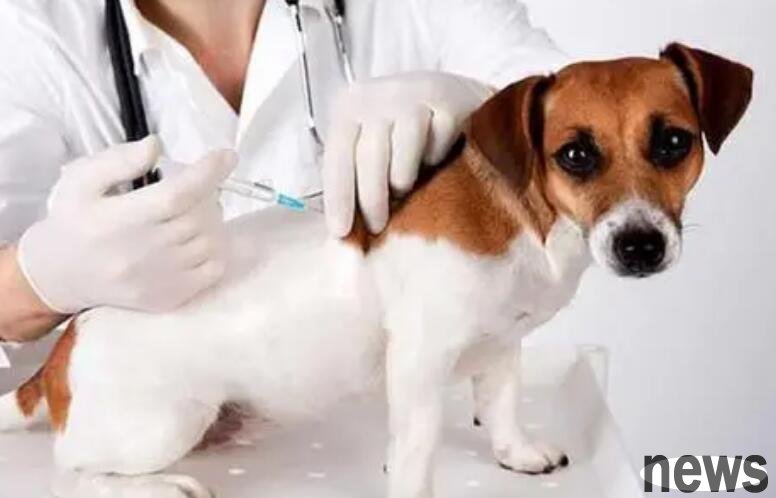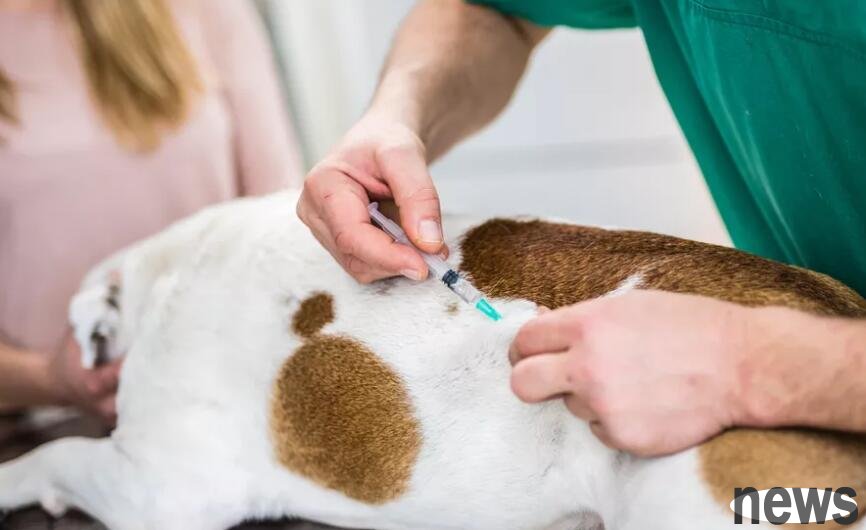For puppies, the first immunization is generally the consensus of veterinarians to get three times (we often call three shots), and the routine is: (1) 8 weeks old: the first shot of vaccine [(dog: Intway quadruple or Zoteng Weijia 5);...
For puppies, the first immunization is generally the consensus of veterinarians to get three times (we often call three shots), and the routine is: (1) 8 weeks old: the first shot of vaccine [(dog: Intway quadruple or Zoteng Weijia 5); (cat: cat triple)] + internal and external deworming (2) 12 weeks old: the second shot of vaccine [(dog: Intway 6 or Zoteng Weijia 8); (cat: cat triple)] + internal and external deworming (3) 16 weeks old: the third shot of vaccine [(dog: Intway 6 or Zoteng Weijia 8); (cat: cat triple)] + internal and external deworming; (here Some veterinarians recommend that rabies be administered at the same time, and some suggest that rabies be administered 1-3 weeks after the third injection. The main consideration is that enough body responds to rabies vaccines, so they are treated separately to avoid conflicts; but in fact both are possible) The key to the first immunization is that animals need to at least receive vaccines to prevent infectious diseases between animals (hereinafter referred to as the combined vaccine), and once, it was 16 weeks, which was four months old, and it was considered complete immunization. Why? Please see the figure below,

This is the concentration curve of a cat and dog. Generally, the maternal antibody drops to a critical level when it is two months old. At this time, the animal is in a stage of susceptibility to infectious diseases. Therefore, the first shot of the vaccine is usually started at two months old. Generally, the interval between each shot can be 2-4 weeks. I generally recommend that the interval is 4 weeks because the third shot is injected at 4 months old (it just happens that the maternal antibody basically drops to not interfere with the effect of the vaccine). Many of my friends and guests didn't understand at first, and always complained that the doctor was cheating. In fact, it was because of the injecting so many vaccines to allow children to spend nearly two months of susceptibility safely. In addition, considering that the immune system of puppies is not fully mature, multiple injections of vaccines (core vaccines) can effectively stimulate the body to produce enough antibodies. So it is usually similar to what I said. 2. Immunization of adult animals First of all, adult animals have basically matured their immune systems and their response to vaccines is generally smaller than that of young animals. Moreover, vaccination will not be disturbed by maternal antibodies like young animals, resulting in poorer results, so generally only one injection is needed; (I will write down the specific immunization process of animals of different ages in the end) For me, if adult animals have had a history of vaccination in childhood, it is generally enough to get one injection. If you have not had the first immunization, it is generally best to get two injections. 3. Vaccine is usually repeated, and for the body, it is generally not harmful. Most of the vaccine reactions are allergic reactions, and most of the allergic reactions occur within 20 minutes after the injection. Therefore, it is usually left in the hospital for observation after the injection, and then go home for three days. It is necessary to closely observe the appetite and mental state of cats and dogs.

Why do some dogs still get sick after getting vaccinated? Because there is one important step missing, test the antibody!
After being vaccinated, there is not enough antibody produced, so there is not enough immunity to resist the virus. Therefore, it is best to evaluate whether animals can produce sufficient immunity after vaccination. It depends on the concentration of antibodies after vaccination. So if you are not at ease, do an antibody test.